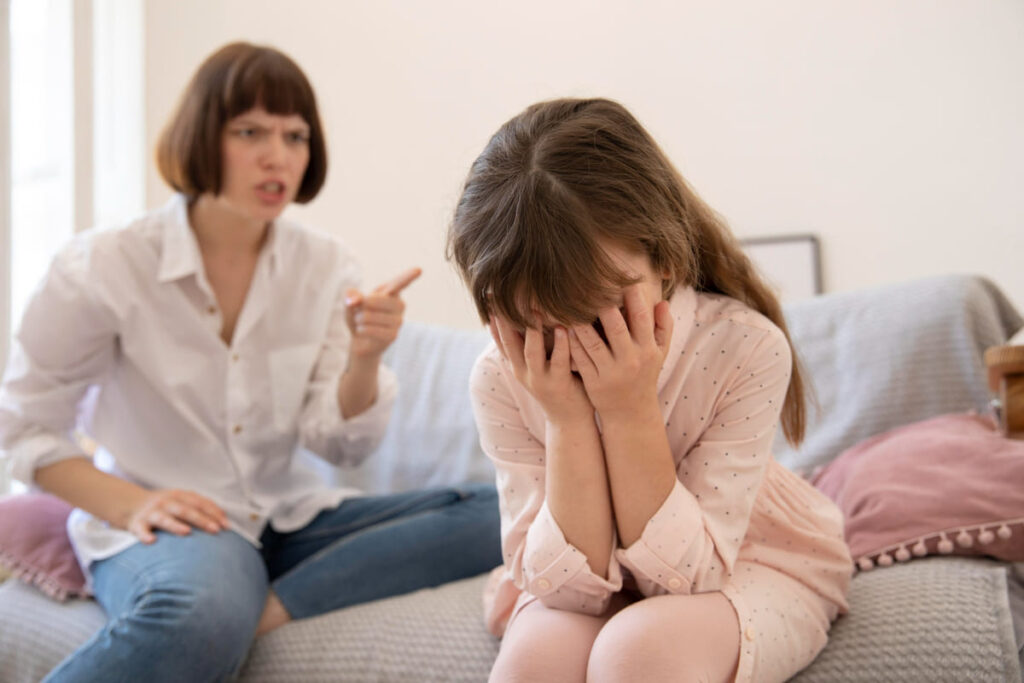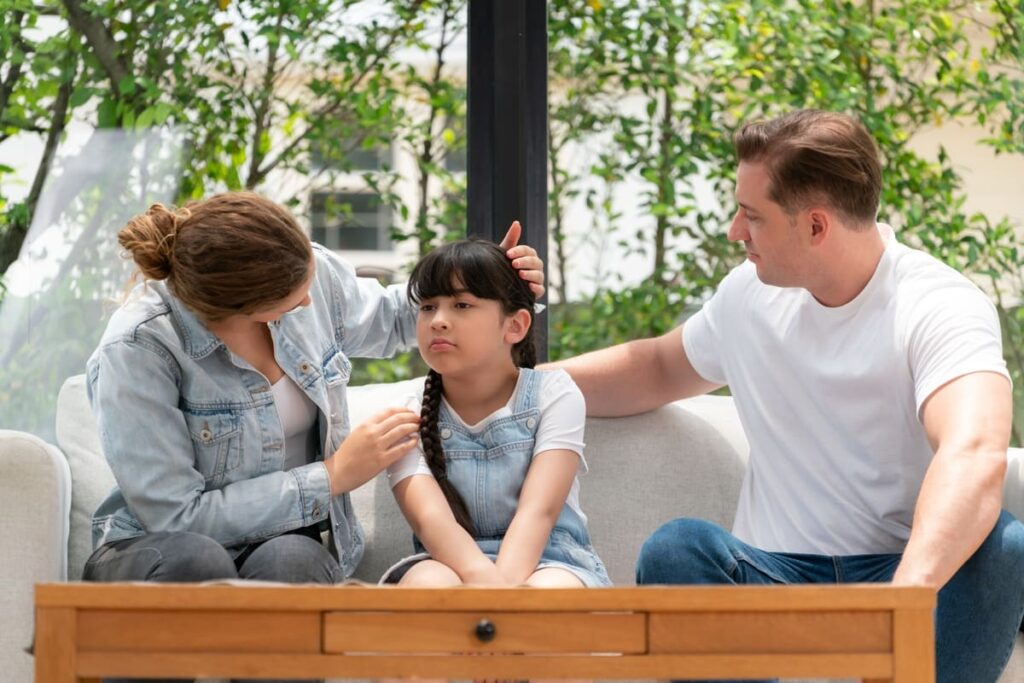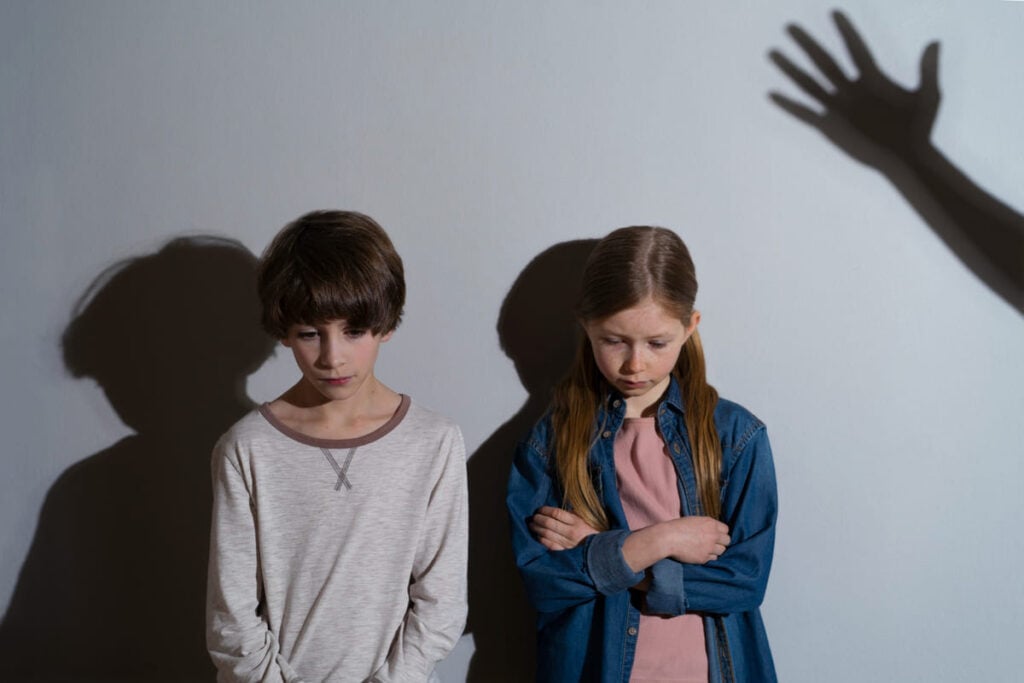15 Reasons Why Some Grown Children Distance Themselves from Parents
You might notice some grown children choose to create distance from their parents, which can feel confusing or hurtful. Understanding why this happens helps make sense of family dynamics that can sometimes be challenging or complicated.
The reasons behind this distance often relate to personal boundaries, emotional needs, or past experiences that shape how relationships evolve over time. Knowing these reasons can give you insight into why some family connections change as children grow up.
Unresolved childhood trauma

If you experienced difficult events as a child, those memories can affect your relationship with your parents. Sometimes, pain from the past remains unhealed and makes connection hard.
You might find it challenging to trust or feel safe around your parents. This distance can be a way to protect yourself from further hurt.
Facing these wounds takes time, and sometimes, stepping back helps you work through your feelings. It’s okay to prioritize your emotional well-being.
Lack of emotional support

You might feel distance growing when your emotional needs are overlooked by your parents. If they don’t listen or validate your feelings, it can create a barrier between you.
When you can’t turn to them with your worries, it’s natural to seek support elsewhere. This lack of connection can make you pull away to protect your own well-being.
Feeling unsupported emotionally can lead you to question the relationship’s value. Sometimes, creating space feels like the healthiest choice.
Constant criticism from parents

If your parents often criticize you, it can wear down your self-esteem. Constant judgement may make you feel like you’re never good enough.
This kind of negativity can push you to pull away to protect your feelings. You might start avoiding conversations to escape harsh remarks or unrealistic expectations.
When criticism becomes a regular part of your relationship, it can create distance. You may choose space over conflict to keep your peace.
Feeling misunderstood

You might feel like your parents don’t see the real you. When your thoughts and feelings aren’t acknowledged, it creates distance.
It’s hard to stay close when you believe your experiences are dismissed or minimized. You may start to pull away to protect yourself from feeling unheard.
When communication feels one-sided, you could choose silence over conflict. This can lead to further separation, not because of a lack of love, but from feeling unseen.
Parental neglect

When your emotional needs aren’t met as a child, it can leave lasting wounds. You might feel unseen or unimportant, which can make trusting your parents difficult later.
If your parents weren’t there when you needed support or guidance, you may choose to keep your distance. It’s a way to protect yourself from repeating old hurts.
You deserve relationships where you feel valued and cared for. Sometimes, stepping back helps you heal and find healthier connections.
Toxic control or manipulation

You might feel controlled when your parent constantly tries to influence your decisions or emotions. This kind of manipulation can make you doubt your own judgment.
If your boundaries aren’t respected, it’s natural to pull away. Keeping distance helps you protect your independence and mental health.
Recognizing these behaviors is the first step. You deserve relationships where you feel free and respected.
Differences in values or beliefs

You might find that your values or beliefs don’t align with your parents’. This can create tension, especially when important life choices are involved.
When your worldview challenges their long-held ideas, it may feel like you’re not understood.
You could start to pull away to protect yourself from constant disagreements or judgment.
Respecting each other’s differences can be tough, but it’s a common reason why grown children distance themselves.
Mental health struggles in the family

If your family has a history of mental health challenges, it can affect your relationship with your parents. You might find it hard to connect or feel overwhelmed by the stress.
Sometimes, parents may not fully understand or recognize their own mental health issues, which makes communication difficult.
Your own mental health could also play a role in creating distance. It’s important to acknowledge these struggles without blame, as they often shape how you relate to each other.
Parental addiction issues

If your parent struggles with addiction, it can create unpredictable and stressful situations. You might feel unsafe or unsure how to relate to them.
Addiction can lead to broken promises and emotional distance. This may cause you to pull away to protect your own well-being.
Over time, the strain of dealing with addiction might make it hard to maintain a close relationship. Setting boundaries can be necessary for your peace of mind.
Desire for independence

You might distance yourself from your parents because you want to make your own choices. Creating space helps you explore your identity without feeling controlled.
Sometimes, establishing boundaries is necessary for your personal growth. It allows you to build confidence and self-reliance.
You may feel the need to prove you can handle life on your own. This distance can be a healthy way to show maturity and responsibility.
Boundaries not respected

When your personal limits are ignored, it can feel frustrating and exhausting. You might notice your privacy, choices, or time aren’t being valued as they should.
This lack of respect can push you to create distance. It’s a way to protect your well-being and regain control over your life.
Setting clear boundaries helps communicate what you need. If those boundaries aren’t honored, stepping back might be necessary for your peace of mind.
Past abusive behavior

If you experienced abuse from your parents, it’s natural to want distance. Abuse can cause lasting emotional and physical pain.
You may need space to heal and protect yourself from repeated harm.
Acknowledging past abuse isn’t easy, but it can help you set boundaries.
Your well-being matters, and distancing might be essential for your mental health.
You don’t have to maintain a close relationship if it feels unsafe or unhealthy.
Favoritism among siblings

You may feel hurt or overlooked if your parents show clear favoritism toward a sibling. This can create feelings of resentment and cause you to pull away over time.
When one child is consistently favored, it can strain your relationship with both your parents and siblings. It might seem easier to distance yourself than to deal with ongoing comparisons or unfair treatment.
Recognizing favoritism is important. It’s okay to set boundaries if you feel it’s affecting your well-being.
Unrealistic expectations

You might find it hard to meet your parents’ high standards. When they expect too much from you, it can feel overwhelming.
This pressure can create distance because you may want to avoid constant judgment or disappointment. You could feel like you’re never good enough.
Sometimes, parents expect you to live a life based on their desires, not yours. This can make you pull away to find space to be yourself.
Communication breakdown

You might find that conversations with your parents feel tense or unproductive. When communication repeatedly feels misunderstood, it can wear you down.
If you feel dismissed or ignored during talks, it’s natural to pull away. Open and honest dialogue is key, but it doesn’t always happen.
Sometimes, your parents might not recognize your feelings or perspectives. That gap can create distance without anyone meaning to cause harm.







